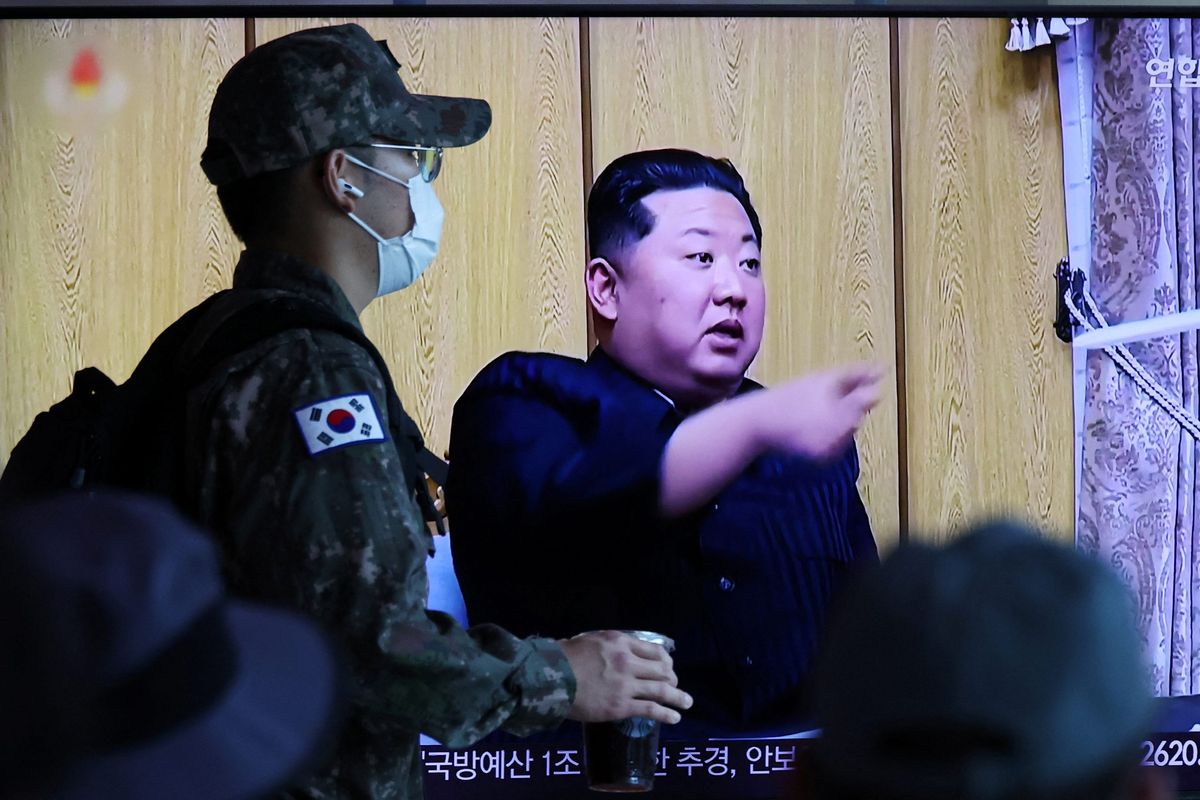North Korea faces over 1 million infections and 62 deaths from recent COVID spike

A few minutes every morning is all you need.
Stay up to date on the world's Headlines and Human Stories. It's fun, it's factual, it's fluff-free.
So far, North Korea had appeared outwardly to have prevented COVID from entering its borders. That is, until May 12, when the country had its first publicly recorded case.
Now everyone is under lockdown. Since the first report of the outbreak, North Korea has seen 1.72 million patients with symptoms of “fever” and 62 deaths. It turns out it might’ve been the huge Pyongyang military parade held on April 25, at which crowds were seen unmasked and not socially distanced, that may have caused a fast-spreading virus outbreak. Timing-wise, it makes sense, seeing as multiple guards stationed in the border city of Sinuiju, which is just across the Yalu River from China, reportedly started showing tell-tale COVID symptoms earlier this month.
While North Korea assures that all is under control – saying a million people have already recovered – foreign experts (like the WHO) believe otherwise. South Korea has offered to send aid in the form of medical supplies, vaccines, masks and test kits, but North Korea has not yet responded.
Key comments:
“They had high fevers and acute respiratory symptoms … and after testing by the health authorities, it was confirmed that they were infected with the Omicron variant,” an unnamed border security official said. “Most of the ones who tested positive are officers and soldiers who took part in the military parade … on April 25.”
“WHO is deeply concerned at the risk of further spread in [North Korea]," WHO Director General Tedros Adhanom Ghebreyesus said.
“It seems North Korea is where much of the world was back in early 2020. Covid is spreading rapidly through the population which is not vaccinated, has no built-up immunity, and has limited options to treat the virus,” said Jean Mackenzie, analyst and Seoul correspondent for BBC News. “The difference of course is that North Korea has had time to prepare for this and has seemingly done little to do so. Instead, it has focussed on its strategy of preventing the virus from entering the country.”







Comments ()